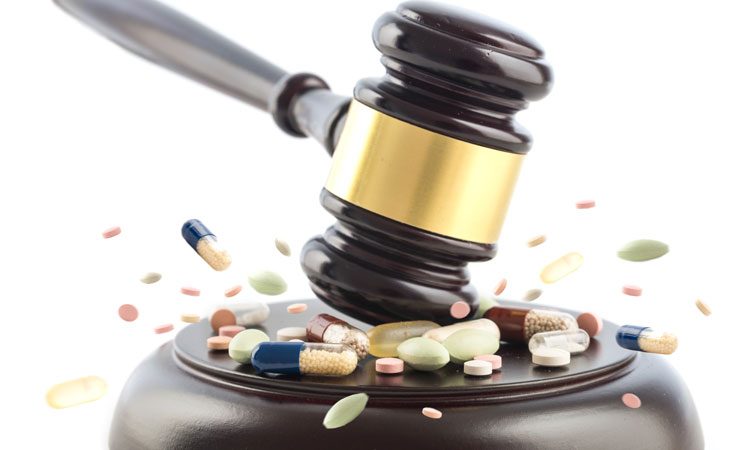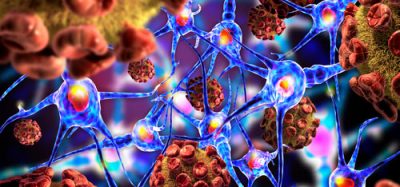Decision upheld in Merck hepatitis C drugs patent case
Posted: 5 November 2019 | Rachael Harper (European Pharmaceutical Review) | No comments yet
A US appeals court has upheld a ruling that threw out a $2.54 billion jury verdict Merck won against Gilead over hepatitis C treatments.


A US appeals court has upheld a ruling that threw out a $2.54 billion jury verdict Merck & Co Inc had won against Gilead Sciences Inc.
As reported by Reuters, the US Court of Appeals for the Federal Circuit upheld a decision by a federal judge in Delaware that the Merck patent at issue in the case, which relates to hepatitis C treatment, was invalid.
Merck said in a statement it was disappointed with the decision and reviewing its options for an appeal.
Gilead said it was pleased with the ruling and confident it would be upheld if appealed further, the report continued
In 2016, a jury decided that Gilead’s hepatitis C drugs, Sovaldi and Harvoni, infringed the patent which Merck acquired when it bought Idenix Pharmaceuticals and determined that Gilead should pay $2.54 billion in damages, which was the largest verdict ever in a US patent case.
However, the verdict was tossed out in 2018, with the judge saying that the Merck patent should not have been granted in the first place because it did not meet a requirement that it disclose how to make the treatment it covered without undue experimentation.
This recent decision from the appeals court agrees with that determination.
Related topics
Big Pharma, Formulation, Legal, Patents, Regulation & Legislation









